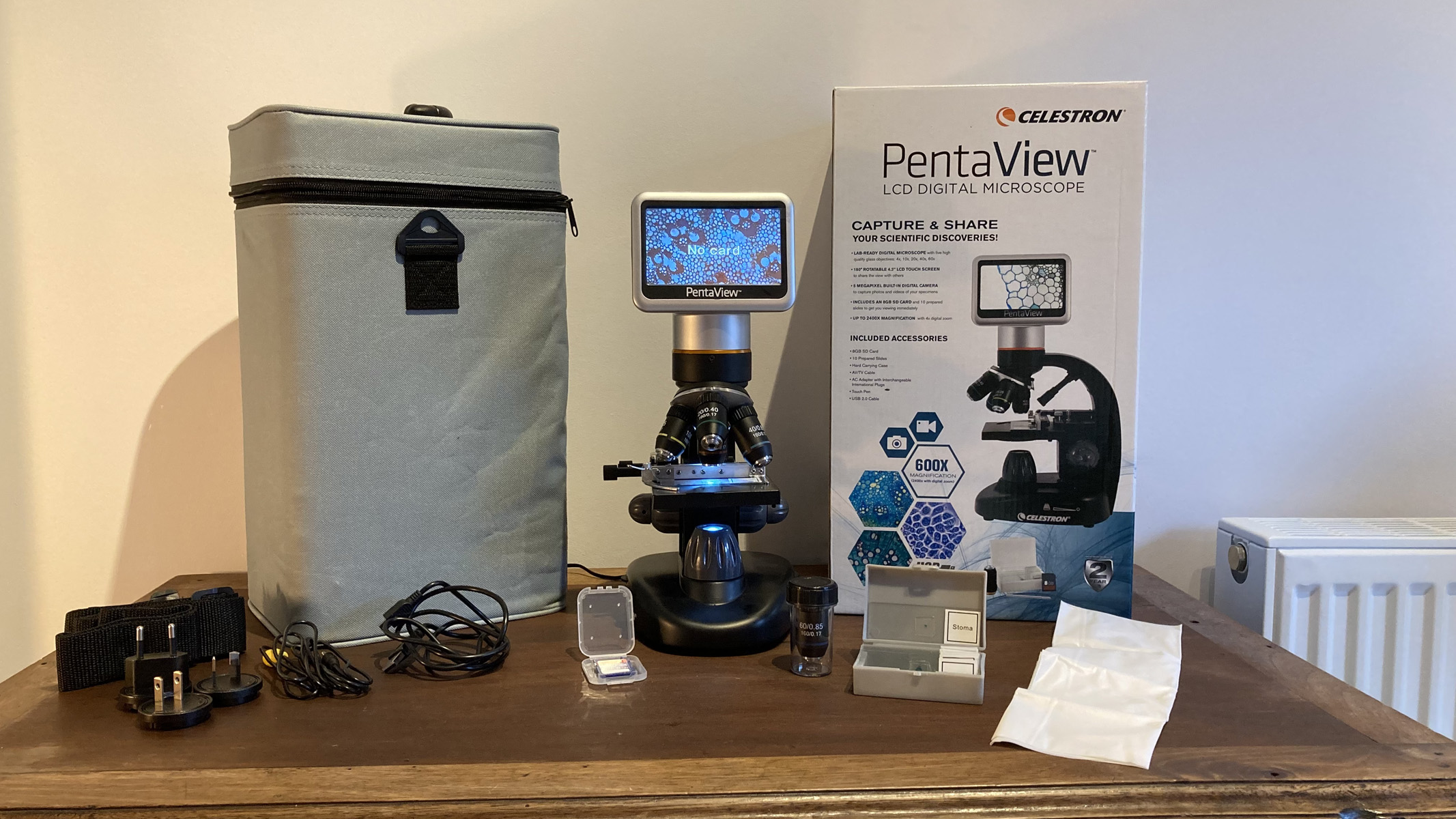Pathogens, Vol. 12, Pages 154: Prevention and Treatment Strategies for Respiratory Syncytial Virus (RSV)
Pathogens doi: 10.3390/pathogens12020154
Authors: Dvir Gatt Isaac Martin Rawan AlFouzan Theo J. Moraes
Respiratory syncytial virus (RSV) is a leading cause of severe lower respiratory tract disease, especially in young children. Despite its global impact on healthcare, related to its high prevalence and its association with significant morbidity, the current therapy is still mostly supportive. Moreover, while more than 50 years have passed since the first trial of an RSV vaccine (which unfortunately caused enhanced RSV disease), no vaccine has been approved for RSV prevention. In the last two decades, our understanding of the pathogenesis and immunopathology of RSV have continued to evolve, leading to significant advancements in RSV prevention strategies. These include both the development of new potential vaccines and the successful implementation of passive immunization, which, together, will provide coverage from infancy to old age. In this review, we provide an update of the current treatment options for acute disease (RSV-specific and -non-specific) and different therapeutic approaches focusing on RSV prevention.

 1 year ago
57
1 year ago
57


